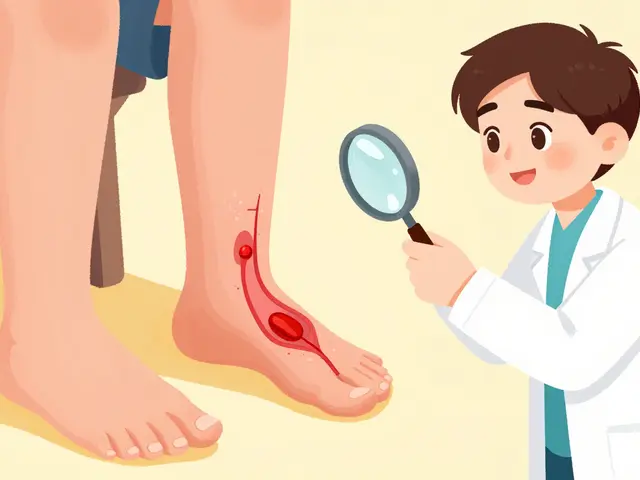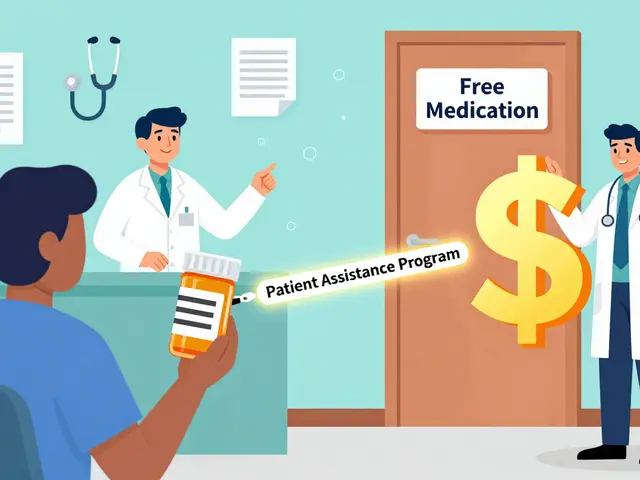Aspirin overdose: how to spot it and what to do
Aspirin (salicylate) overdose can start with something small — a few extra tablets — or happen over days with long-term use. If you suspect someone took too much, act fast. Time matters and simple first steps can make a big difference.
Recognize the signs
Early symptoms are often vague: ringing in the ears (tinnitus), nausea, vomiting, sweating, dizziness, and fast breathing. As levels rise, people can get confused, restless, have high temperature, rapid heartbeat, and breathing problems. Severe overdose leads to dehydration, seizures, coma, and breathing failure. In children and older adults, symptoms can appear with lower doses.
There are two common patterns. Acute overdose comes after one large dose and shows rapid breathing and nausea within hours. Chronic toxicity builds slowly from repeated high doses and often looks like persistent nausea, weight loss, and confusion.
What to do right now
If the person is unconscious, seizing, or having trouble breathing, call emergency services now. Don’t try to make them vomit unless instructed by poison control or medical staff. If they are awake and alert, find the aspirin bottle and note how much was taken and when.
Contact your local poison control center immediately — in the US call 1-800-222-1222 — or go straight to the emergency room if symptoms are worrying. If the ingestion was recent (within about an hour) and the person is alert, medical staff may give activated charcoal to reduce absorption.
Treatment in hospital focuses on fluids, monitoring blood chemistry and salicylate levels, fixing acid-base problems, and using sodium bicarbonate (IV) to make the blood and urine less acidic so the body clears aspirin faster. In serious cases — very high salicylate levels, kidney failure, severe acid-base imbalance, seizures, or coma — doctors may use dialysis to remove salicylate from the blood.
How severe is "severe"? Acute toxic doses are often above about 150 mg per kilogram of body weight, and plasma salicylate levels over ~100 mg/dL are commonly considered dangerous. Those are general figures; doctors decide based on the whole clinical picture, not just numbers.
Prevent this from happening. Keep medicines locked or out of reach of children, follow dosing instructions, use milligram-based dosing for kids, and don’t combine multiple salicylate-containing products. Never give aspirin to children or teens with viral illness symptoms (risk of Reye syndrome).
If you’re unsure, call poison control or your healthcare provider. Quick action and clear information about what was taken and when will help medical teams treat aspirin overdose effectively.
Aspirin overdose: Signs, symptoms, and what to do
As an aspiring blogger, I've recently come across some important information regarding aspirin overdose. It's essential to recognize the signs and symptoms, which can include confusion, rapid breathing, fever, and even seizures. If you suspect someone is experiencing an aspirin overdose, it's crucial to call emergency services and remain by their side until help arrives. Additionally, it's important not to induce vomiting or give them anything to eat or drink. Remember, knowledge and quick action can help save a life in such situations.
Read More





